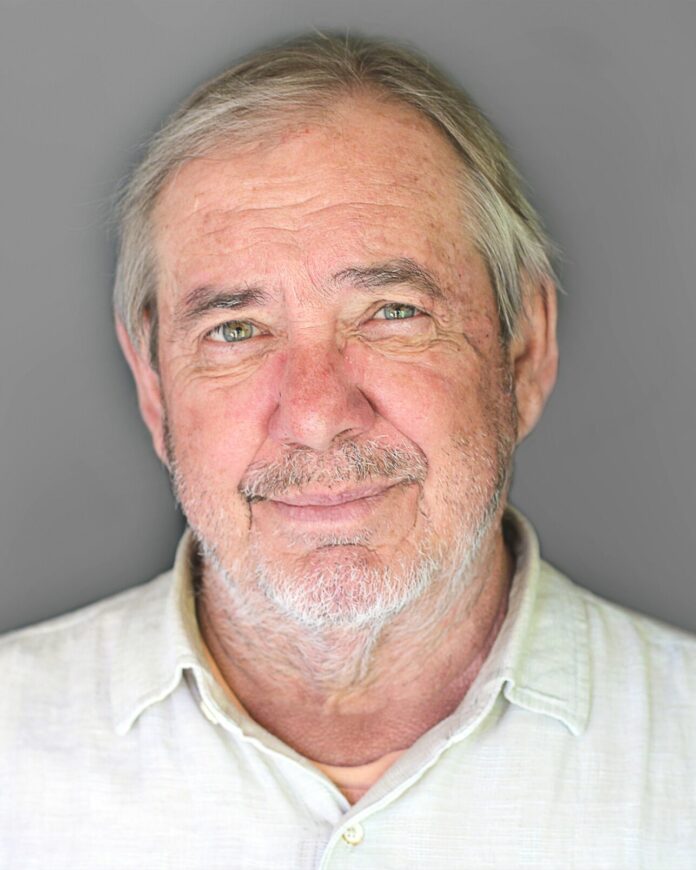What is freedom? Is everyone entitled to his or her own definition of freedom or do all of us have to agree on a single definition to have a functioning society? Why does the question about freedom seem so relevant now?
Some of us are arguing about the freedom to not wear masks or get vaccinated. Some rural neighbors want their neighborhoods to be free from commercial cannabis operations, homeless shelters or gambling casinos. Local business owners want more freedom from COVID-19 health safety restrictions and some PG&E customers want to be free from using smart meters.
Philosophers and other funnymen among us tell us that our freedoms begin and end exactly where the next person’s freedoms do the same. But is that really how it works?
Didn’t we answer the meaning of freedom and life, liberty and the pursuit of happiness long, long ago with the founding of our country and the ratification of the U.S. Constitution? Were the mobs of people at the U.S. Capitol on Jan. 6, 2021 defending their freedoms or were they trying to steal freedoms from others?
Well, judging by the current set of current events and social conflicts, we’d say the definition of freedom is very much unsettled. We’ve been told our American ancestors lived for decades under a peaceful and reassuring sense of shared freedoms. We sent our men and boys to foreign wars to fight for freedom. And, we won, right? Our America has been the leader of the free world for more than a century. Even now we seem poised to defend the freedoms of the people of Ukraine, a nation that is 5,000 miles from our shores.
Up in Canada, commercial truck drivers want to be free to drive across the international bridge without getting vaccinated. Asked why he was blocking the streets of Ottawa last week, a truck driver gave a one-word answer: “freedom.”
Maybe the problem here is how we are using our words. It seems like lots of us are practicing freedom from facts, the truth and obvious lies. Freedom isn’t the only word these days without an accepted definition. Last week, by formal resolution, the Republican Party’s leadership called the Jan. 6, 2021 attack on the U.S. Capitol “legitimate political discourse” although almost 700 people have been arrested for rioting and severely injuring over 100 Capitol guards.
Whatever is included in today’s definition of freedom is very different from definitions used to define America’s past. For the first 70 years of our country, white men were free to enslave people and chain them, beat them, rape them or kill them. President Lincoln signed the Emancipation Proclamation in 1863, but Black Americans did not have the freedom to vote, ride a bus of their choosing or live in certain neighborhoods until 100 more years later after the Freedom Marches and Supreme Court case decisions of just 60 years ago.
The definition of being free from the fear of lynching seems like an entirely different concept than seeking freedom from mandatory anti-virus vaccinations. As long as we live in an America that can no longer rely on the peaceful transfer of power and on free and fair elections, our very basic concepts of freedom will remain elusive.
Once upon a time freedom was the primary principle of our democracy. It guarded us from both mob rule and the tyranny of totalitarian power. Our government of laws protects all our freedoms by declaring that power can only be exercised by the state over any individual or group when it is necessary to prevent harm to others.
This democratic norm seems as simple as the Golden Rule. But when did “do unto others, as you would have them do unto you” become devoid of truth, civility and trust?








